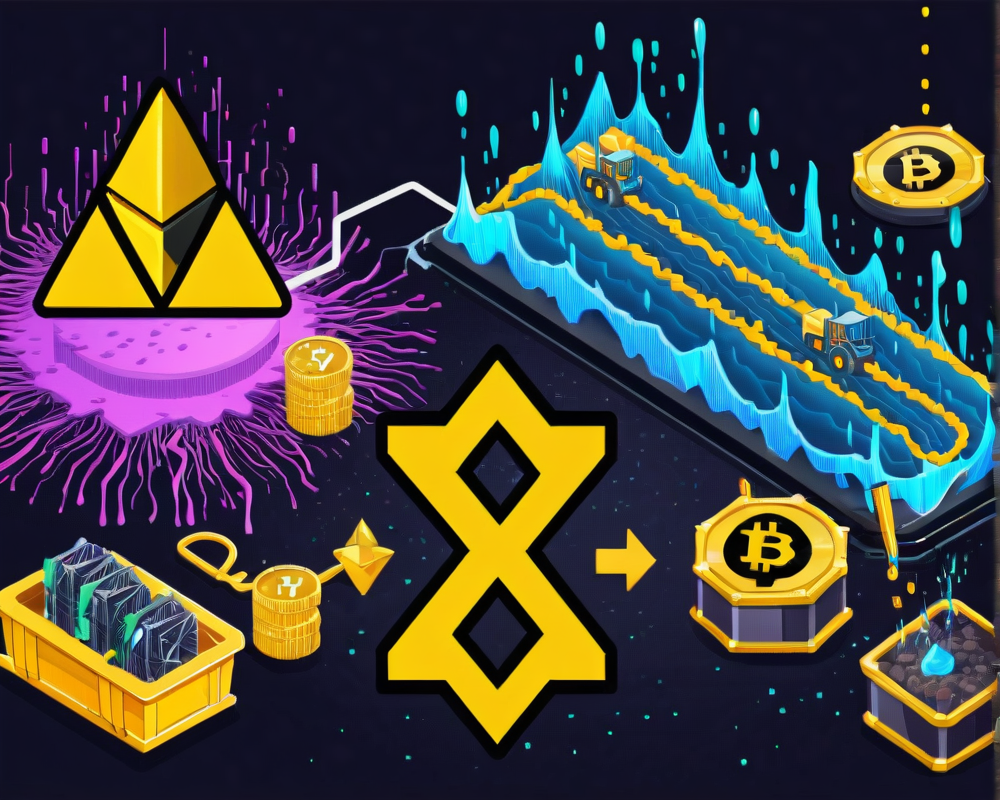Binance Goes Big with Ethereum Mining
In an unexpected twist that left many crypto enthusiasts buzzing, Binance has launched its Ethereum (ETH) mining pool just months after unveiling its Bitcoin (BTC) counterpart. If you thought Bitcoin was the end of it, think again! Binance is rolling out the welcomed carpet for Ether miners where everyone could potentially profit, and let’s be real, who doesn’t love free stuff?
Zero Fees: Who Doesn’t Love Freebies?
From November 12 to December 12, miners can join the Ether mining pool without paying a dime—yes, you heard that right! This zero-fee setup is designed to attract new miners like moths to a flame. After the first month, a competitive commission of just 0.5% kicks in. That’s essentially the price you pay to say, “I’m in the blockchain game!”
What Do You Need to Join the Party?
If you’re itching to jump in, you’ll need a few digital essentials:
- A supported operating system: Windows or Linux, pick your poison.
- A GPU: Either NVIDIA or AMD with at least 4GB of memory.
- Five GB of virtual memory for each GPU to keep things running smoothly.
- Mining software such as HiveOS or Easy Miner to get the job done.
It’s like setting up a party—make sure your equipment is prepped and ready to roll!
Mining Pool Mechanics: How Does it All Work?
Binance isn’t just throwing miners together and hoping for the best. The Ethereum pool will utilize a system known as FPPS—Full Pay Per Share—similar to how the Bitcoin pool operates. Essentially, this system promises miners compensation based on how much they contribute. Additionally, there’s a feature named smart pool, allowing miners to switch hash rates dynamically to mine the most profitable of coins supported by the SHA-256 algorithm. Who knew mining could be so strategic?
Concerns Regarding Centralization
Now that Binance is joining the fray, we can’t help but raise an eyebrow at the looming specter of centralization. According to data from BTC.com, a mere four mining pools account for over 50% of Bitcoin’s hash rate. Binance Pool alone holds about 9.4% of this total. This raises a big question: Are we drifting away from the decentralized ethos that started it all? It’s a complicated sitcom in the blockchain world, and everyone is tuning in!




